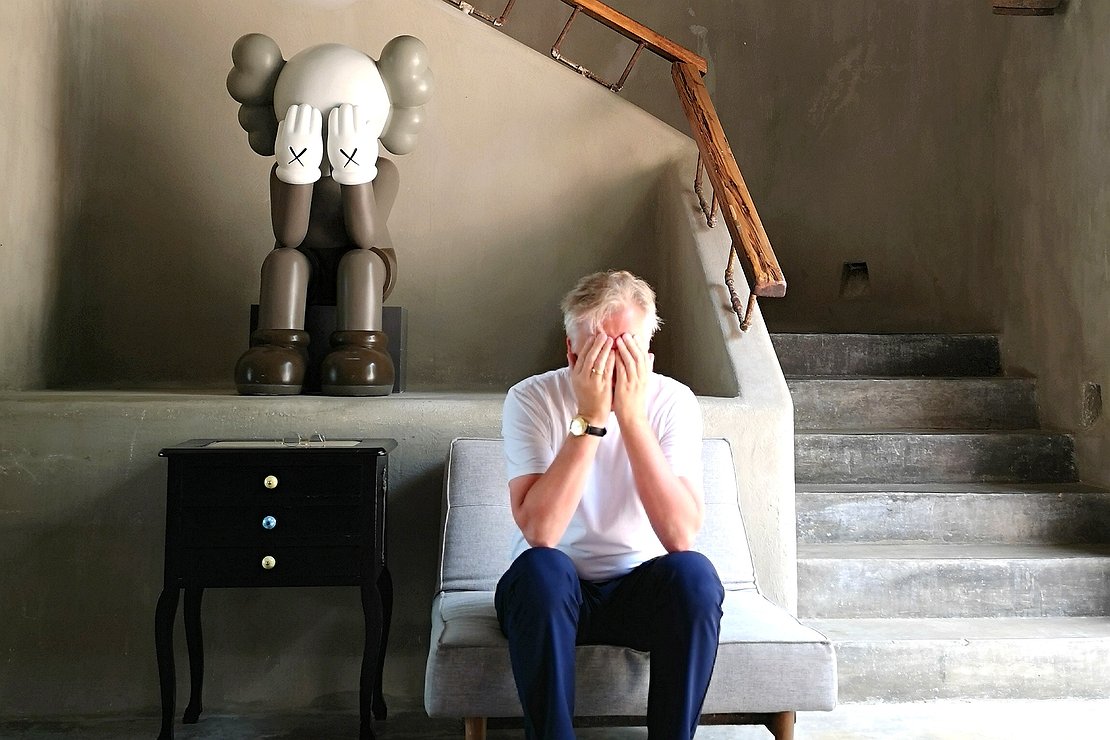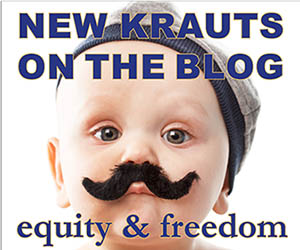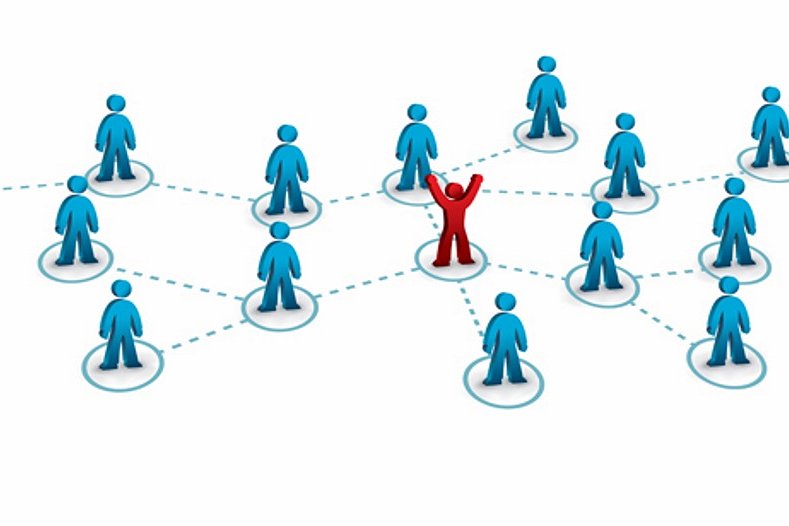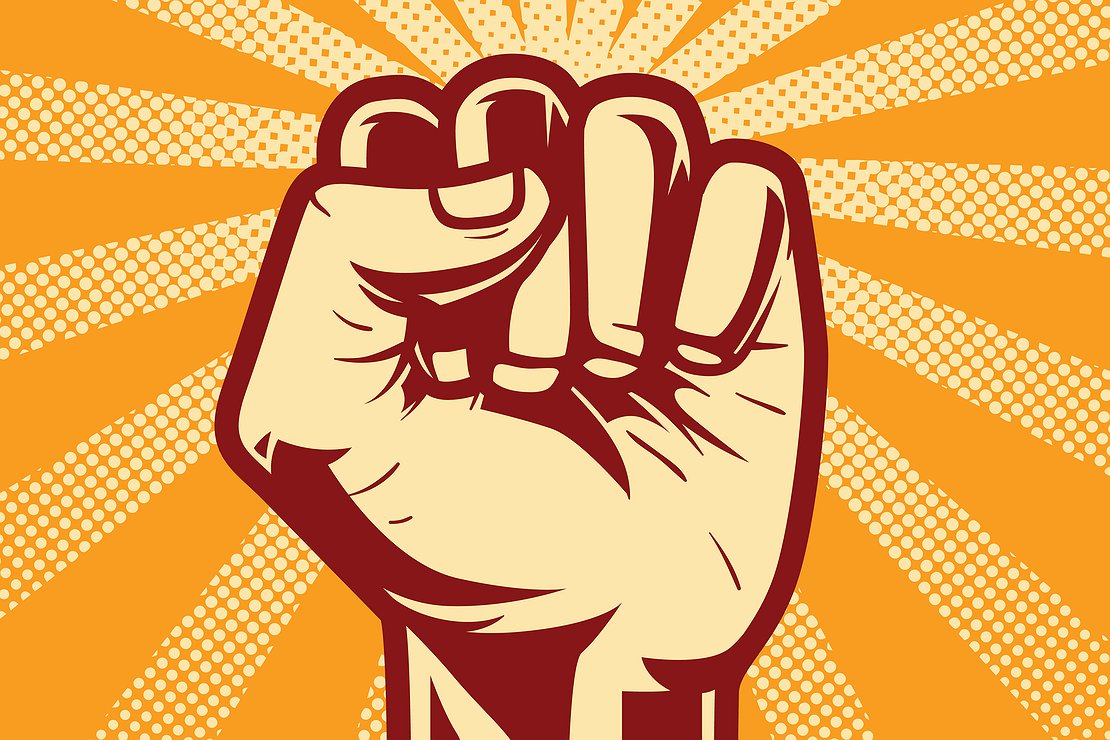
30 years after reunification:A Coup d’État by Stealth?
If you lean two toy bricks together and take one away, the other one falls over. If you lean two German states together and one of them collapses, the other one follows. In the first case it takes a split second, in the other 30 years.
After 1989 the people of West Germany had continued the same as before. They imagined themselves as winners of the system competition between Western freedom of action and Eastern lack of freedom of action, between market and planned economy, between freedom to travel and being walled in. For 40 years, the so-called ‘social market economy’ conceived by Ludwig Erhard had shaped the countries of the area occupied by the three Western Allies and its inhabitants. In the early years those returning from the Second World War were humble and lenient toward their fate. They saw themselves as survivors of humankind's most excessive outbreak of violence, and they threw themselves into work for lack of socio-psychological programs to treat their post-traumatic stress disorders. Their children, they said, should have it better. The so-called ‘Wirtschaftswunder’ or economic miracle catapulted the initially not much-loved Germans, who did not love themselves at all, into the position of export world champions. Many who heard of Germany around the world had soon forgotten the world wars and all their accompanying madness. ‘Made in Germany,’ conceived by the British occupying forces as a deterrent, quickly became an outstanding mark of quality. The Bundesbank, the German central bank, exercised relative monetary discipline, and the country to the west of the GDR thrived beyond measure. Its economic power was even sufficient to largely cope with the excesses of the 1970s, when Marxist ideas became socially acceptable again for the first time on the Rhine and a combination of restless students and vociferous trade unionists proclaimed that the limits of the economy must now be exhausted.
It did not occur to the staid West Germans, who in 1982 approvingly saw Helmut Kohl and his tie-wearing ministers take control of the helm of the country again, that anyone beyond their tranquil peace and their economic successes might resent them. Terrorists who murdered politicians were seen as a lapse from student times, stone-throwing Greens, sneaker-wearing ministers and activists demonstrating with peace doves on a massive scale were considered unavoidable but somehow acceptable by-products of wide prosperity. The conflicts about a further runway at Frankfurt airport, about a final nuclear disposal site in Gorleben and a reprocessing plant in Wackersdorf were increasingly violent. The public television stations, however, reported only moderately about them. The country enjoyed the reality game show ‘Wetten, dass...?’ (exported to the US as ‘Wanna bet?’ and to Britain as ‘You Bet!’) and smiled mildly at the ‘Black Channel’ communist propaganda by GDR TV-host Karl-Eduard von Schnitzler.
No one in the public debate would have believed in 1989 that the evidently unworkable ideas of socialism would once again be claimed as valid. With astonished eyes, ‘Wessis’ drove through the scenes of devastation that socialism had caused in the East. And together with their eastern compatriots, they cleared away the publicly owned ruins to replace them with new, beautiful, wonderfully restored cities.
What the Western citizens completely misjudged at that time was a furious grievance that had been inflicted on all socialists in East and West by that victory of freedom and by the alleged end of history. A political dream like that of socialism cannot simply be refuted by facts. Its followers now held ‘capitalism’ responsible for every subjective discomfort in the new reality. And the West Germans were too naïve, too harmless, too little tried and tested in conflict to understand into what situation they were increasingly getting themselves. Those who demanded at that time to keep the SED, the GDR’s Socialist Unity Party of Germany, rebranded only in its name, out of the public discourses were regarded with incomprehension. The personnel of the GDR thus advanced unhindered to all possible positions. Helmut Kohl thought Angela Merkel was ‘his girl,’ Gregor Gysi, the then chairman of the rebranded communist party, sat in every talk show, and Maybrit Illner, who in 1988 graduated in Journalism from the then Karl-Marx-University in East German Leipzig, moderated them.
During 30 post-socialist and 74 war-free years, behind the curtain of formal Germany, made up of the federal government, the federal states and municipalities, informal networks have been able to form unhindered and uninterrupted across the generations, now cooperating in a finely balanced system. It may well have been right to accuse the political parties of ransacking the state and its institutions. But from today's point of view, others have long since ransacked the political parties.
During this year's European Union parliamentary election campaign, a media power apparatus consisting of advertisers, framers, journalists, activists and publicists more or less openly stepped onto the stage for the first time, which will soon have foreseeable influence on political events in Germany (and beyond). Is this ultimately a coup d'état by stealth?
Not only the programs of public TV station ‘Westdeutscher Rundfunk,’ for decades the guarantors of tight social democratic loyalty and toeing the line, have switched sides to the Greens and constantly torment their listeners with environmental issues presented in apocalyptic terms. Even the SPD's top candidate Katarina Barley with her star-winged jacket on the EU posters was considered embarrassing. A few days after the election, one thing is clear: the SPD will continue to be dismantled in terms of image and personnel, while the Greens will continue to be courted and spruced up.
At the same time the final battle for the CDU was opened, the Youtube-supported ‘destruction’ of the stumbling giant will be the keystone for directing a people in the center of Europe, driven into panic by climate fears, back into the clutches of socialist central-planners. Freedoms will be replaced by new tax burdens, like the corner pub by a city toll. The new barbed wire that a Politburo, willing to expropriate, wraps around its citizens is consistently woven from the Internet, including mandated connections to unsafe medical networks. Mao's Red Guards were let off school when they fought against the older people, and not only on Fridays. Meanwhile, a German Chancellor is reading out calendar mottos in a former American elite university.
The gentle German doesn't yet know what's happening to him. Is the time approaching when it will also become clear to him that the last 74 years in Central Europe have not remained peaceful because of the EU, but despite it? The most fatal thing about it all, however, is the increasingly uneducated children who learned to write by ear, who chose not to learn Latin and never understood mathematics. They have been told in schools and on the radio, by vloggers and by framers that technology is bad and nature only good. But they have not understood that technical progress alone can ensure their survival. Instead, they buy ‘organic’ products from controlled cultivation, want ‘Fairtrade’ and choose cheese ‘without genetic engineering.’
It is hard to imagine how this generation will react when the power stations are shut down and power cuts affect our lives in between thousands of bans. Will they still want to vote for a green SED? Will the nudgers and influencers have come up with something new by then? At the moment I myself tend not to want to see the whole drama being played out anymore.
Translated from eigentümlich frei, where the original article was published on June 16th 2019.



